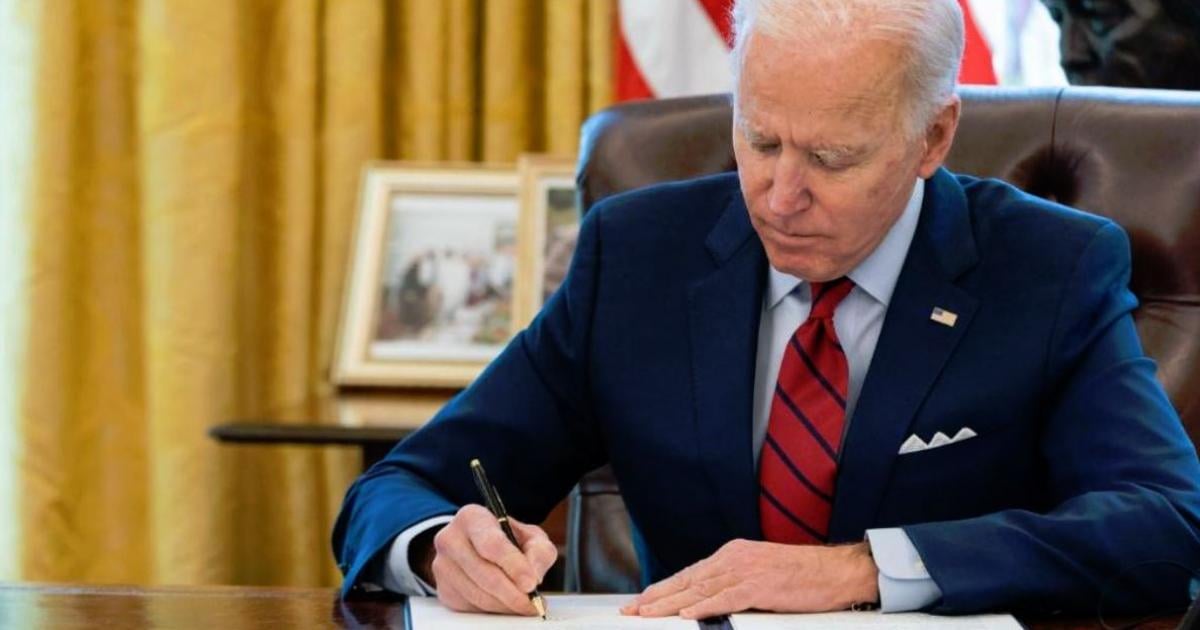
President Joe Biden signed the extension until 2025 of the economic embargo of the United States against Cuba, a measure that is part of a usual practice of both Republican and Democratic administrations for over six decades.
The White House released an official memorandum on September 13, one day before the law was set to expire, stating that "The exercise of certain authorities under the Trading with the Enemy Act is scheduled to expire on September 14, 2024. I hereby determine that the continuation of the exercise of those authorities with respect to Cuba for 1 year is in the national interest of the United States."
"Therefore, in accordance with the authority granted to me by section 101(b) of Public Law 95-223, I hereby continue for 1 year, until September 14, 2025, the exercise of those authorities with respect to Cuba, as implemented by the Cuban Assets Control Regulations, 31 CFR part 515," is stated in the document signed by Biden and sent to the Secretary of the Treasury.
With this renewal, the Cuban regime will have to wait until September 14, 2025, to find out if there will be changes in the application of these policies, which have been repeatedly rejected by the island's government for decades, without any modification to them being granted so far.
The embargo, which began to be implemented partially in October 1960 in response to the nationalization of American companies in Cuba, was expanded to its full form in February 1962.
Since then, its renewal has been a formal procedure carried out annually by 13 U.S. administrations.
The extension of the embargo continues to generate controversy both in Cuba and in the international community, where many argue that this policy has exacerbated the economic difficulties faced by the Cuban population, while the regime has used it to justify its inability and inefficiency.
What do you think?
COMMENTFiled under: